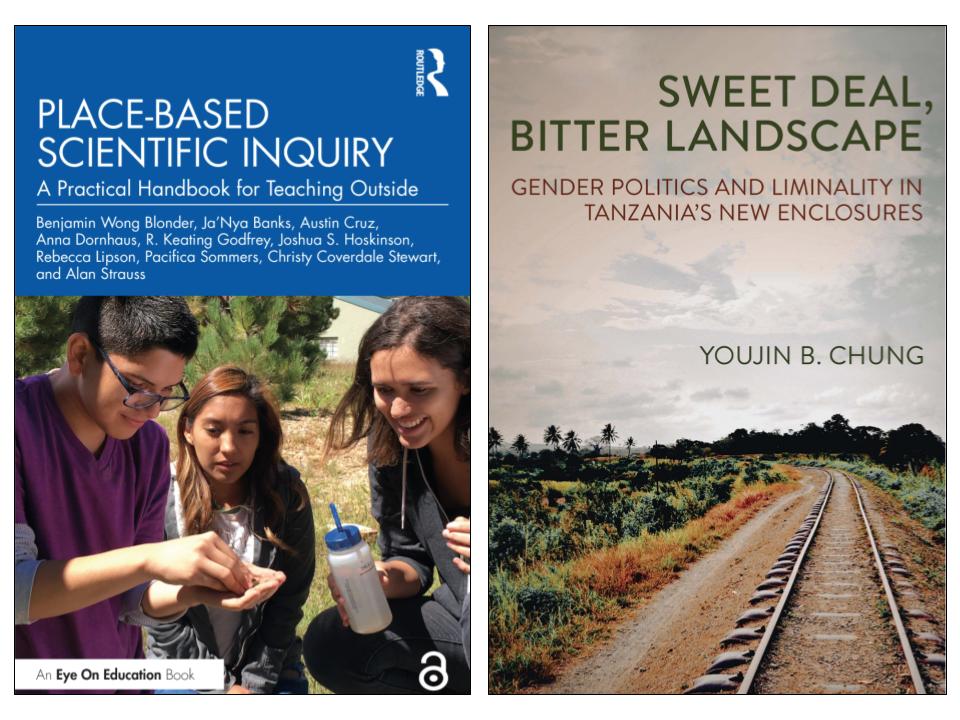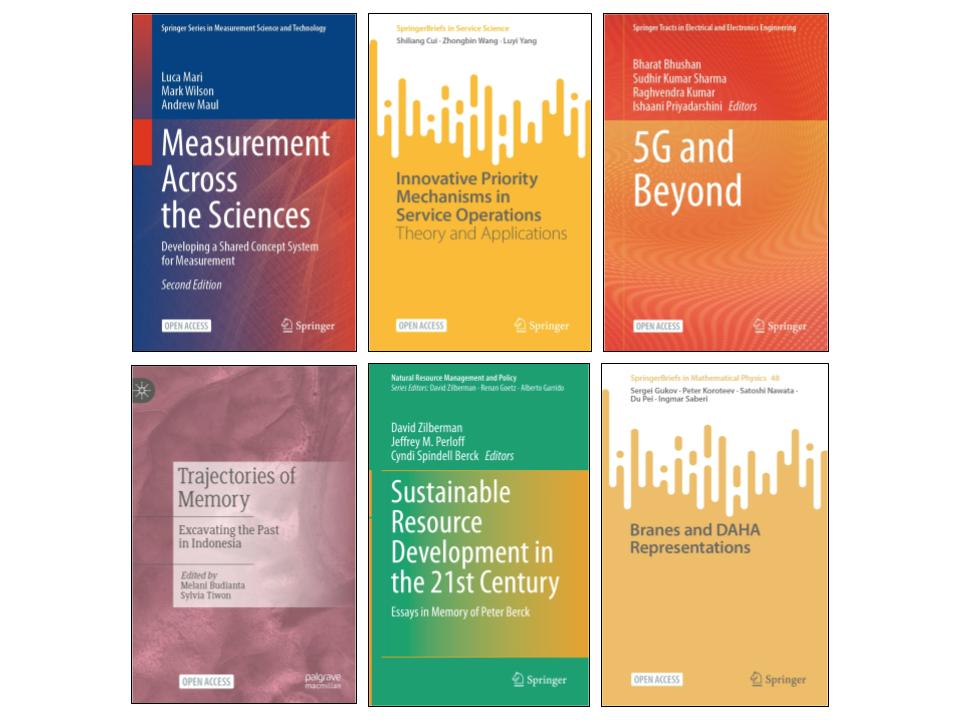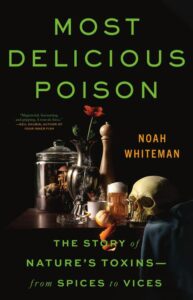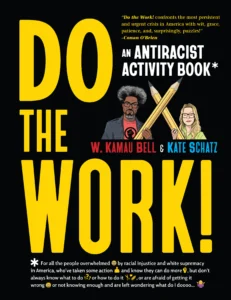UC Berkeley supports a variety of ways our authors can participate in open access publishing. At its heart, open access literature is “digital, online, free of charge, and free of most copyright and licensing restrictions” (Suber, 2019). Open access materials can be read and used by anyone.
But you might be wondering, why is UC Berkeley concerned about trying to make research more openly available and accessible? Well, one fundamental reason is that the research and teaching mission of the UC includes the aim of “transmitting advanced knowledge,” and as part of doing that, our faculty, researchers, and students create and share their scholarship.
This system of scholarly publishing includes traditional publications such as peer-reviewed academic articles, scholarly chapters or books, and conference proceedings. It also includes other types of publications such as digital projects, data sets and visualizations, and working papers.
In this blog post, we first touch briefly on how the UC Berkeley Library is fostering open access publishing for journal articles, and then dive deeper into the innovative ways we’re supporting open access publishing for books.
Library Support for Open Access Articles
UC Berkeley offers a wide range of support to help authors publish scholarly articles. The UC’s system wide Open Access Policies ensure that university-affiliated authors can deposit their final, peer-reviewed research articles into eScholarship, our institutional repository, immediately upon publication in a journal. Once they’re in eScholarship, the articles may be read by anyone for free.
As of February 2024, the University of California has entered into 24 transformative open access publishing agreements with scholarly publishers. These agreements permit UC corresponding authors to publish open access in covered journals, with the publishing fees being covered in part (or in full) by the UC. In fiscal year 2022-23 UC Berkeley authors published 348 open access articles as a part of these system wide open access publishing agreements.
Locally, the UC Berkeley Library continues to offer the Berkeley Research Impact Initiative (BRII). This program helps UC Berkeley authors defray article processing charges (APCs) that are sometimes required to publish in fully open access journals (note that BRII doesn’t reimburse authors for publishing in “hybrid” journals—that is, subscription journals that simply offer a separate option to pay to make an individual article open access). This past year BRII provided funding for the publication of 60 open access articles. UC Berkeley authors can take advantage of BRII assistance where there is no other system wide open access agreement in place.
Library Support for Open Access Books
We know that not all University of California authors are publishing journal articles, and many disciplines—such as arts, humanities, and social sciences—focus on the scholarly monograph as the preferred mode of publishing. Some open access book publishers charge authors (or an author’s institution) a fee in exchange for publishing the book open access, similar to the practice of academic journal publishers charging an “article processing charge” to make a scholarly article open access.
Recently, the University of Michigan Press shared an analysis of book author impressions of open access. They found that authors can realize a wide variety of benefits with OA publishing. For example, authors viewed OA as a means to achieve a global reach with their scholarship, build relationships within their academic discipline, garner more citations, make their scholarly books more affordable for learners, improve accessibility for print-disabled users, and more.
UC Berkeley is supporting authors who wish to publish their books open access. The library provides funding assistance and access to publishing platforms and tools for UCB authors to make their books open access.
Berkeley Research Impact Initiative books
Above we mentioned how the Berkeley Research Impact Initiative helps UC Berkeley authors publish articles in fully open access journals. BRII funding can also be used to help authors pay book processing charges (up to $10,000/book) so that their monographs can be published open access. In the last year, several UCB-authored books have been published open access in part due to BRII funding support.

- Prof. Youjin B. Chung, also from ESPM, published Sweet Deal, Bitter Landscape with Cornell University Press. The book is shared under the Creative Commons Attribution-NonCommercial-NoDerivatives (CC BY-NC-ND) license and available as a free download.
Springer Open Access books
In 2021, the UC Berkeley Library entered into an institutional open access book agreement with Springer Nature. The partnership provides open access funding to UC Berkeley affiliated authors who have books accepted for publication in Springer, Palgrave, and Apress imprints. This means that these authors can publish their books open access at no direct cost to them. The agreement covers all disciplines published by Springer. All the books are published under a Creative Commons Attribution (CC BY) license for free access and downloading. In the last year, several UCB-authored books have been published open access as a result of the UCB-Springer agreement.

- Prof. Ishaani Priyadarshini from the School of Information published 5G and Beyond with Springer.
University of California Press
UC Berkeley Library continues to support open access book publishing via Luminos, the open access arm of the University of California Press. The Library membership with Luminos means that UC Berkeley authors who have books accepted for publication through the UC Press can publish their book open access with a heavily discounted book processing charge. When combined with additional funding support through BRII, a UC Berkeley book author could potentially publish their book open access with the costs being covered fully by the Library. Luminos books are published under Creative Commons licenses with free downloads.
Pressbooks platform & workshops
The UC Berkeley Library hosts an instance of Pressbooks, an online platform through which the UC Berkeley community can create open access books, open educational resources (OER), and other types of digital scholarship.
The Office of Scholarly Communication Services OSCS continues to offer a bi-annual Pressbooks workshop and demo where participants can learn how to navigate the platform and create and publish their own eBooks and open educational resources. (Note: the next Pressbooks workshop is happening on April 9, 2024. Sign up now if you’re interested!)
Every year during the fall semester OSCS hosts an author panel to unpack the process of turning a dissertation into a book. One of the topics discussed during the panel are options for open access publishing. Here’s a recording of last year’s panel discussion.
UC contributing to the broader ecosystem of open access book publishing
A near term goal of the UC Libraries is to strategically advance open scholarship by extending its support for OA book publishing. At the systemwide level, the UC is supporting several open access book publishing ventures, including Opening the Future, MIT’s Direct to Open, and the University of Michigan Press’ Fund to Mission. In general, these models secure investments from libraries or other stakeholders, and agree to publish some or all of their frontlist books open access, with limited or zero direct cost to the authors. The backlist books are made accessible to participating institutions.
Wrapping up
In this post, we highlighted several ways that the University of California—and specifically UC Berkeley—is supporting scholarly authors to create and share open access books. In addition to providing financial assistance, platforms, and publishing guidance, the Library is committed to promoting the broader OA book publishing ecosystem. We’ll continue to explore a variety of approaches to support the UC Berkeley community (and beyond) who wish to publish books on open access terms.
If you’re interested to learn more about how you can create and publish an open access book, visit our website or send an email to schol-comm@berkeley.edu.



